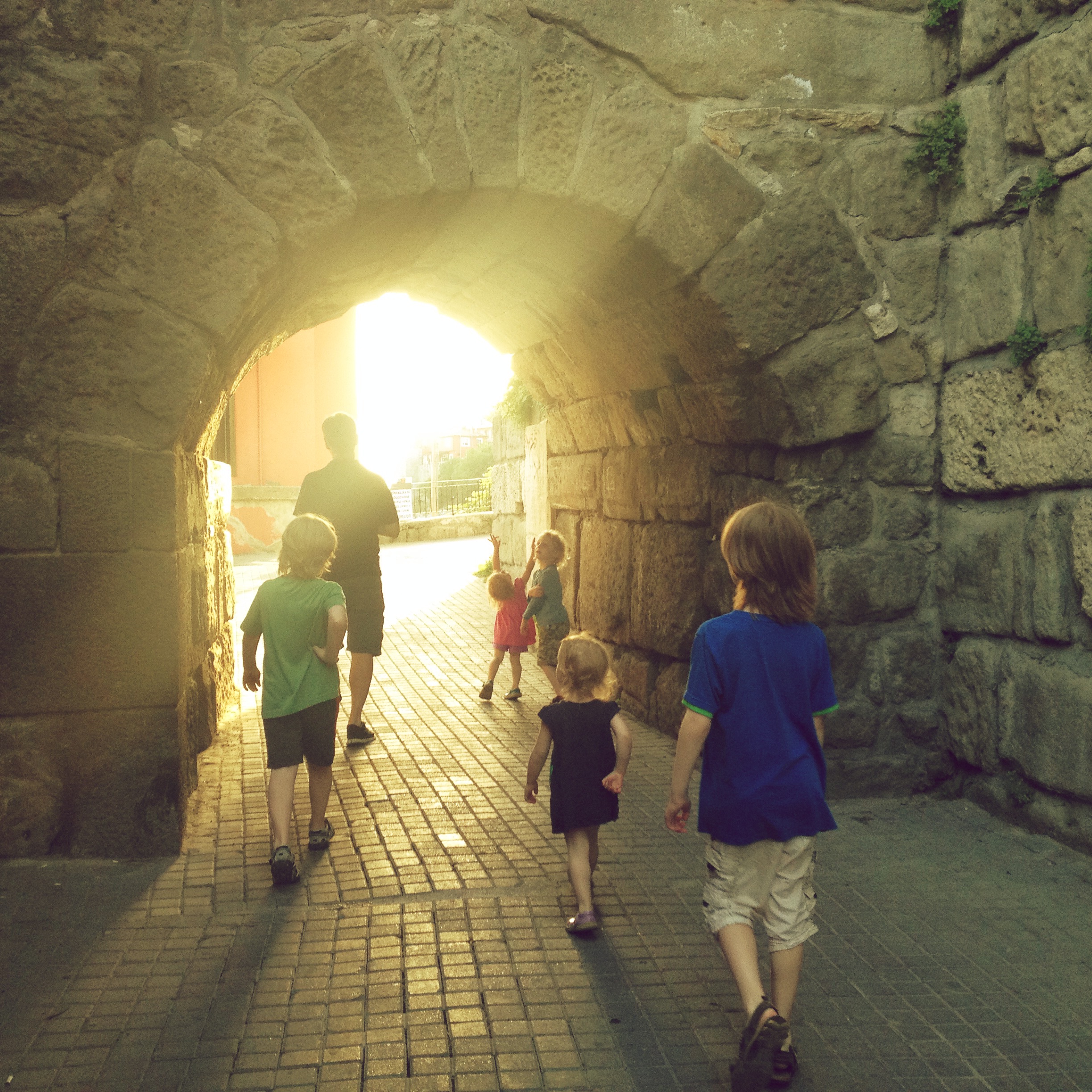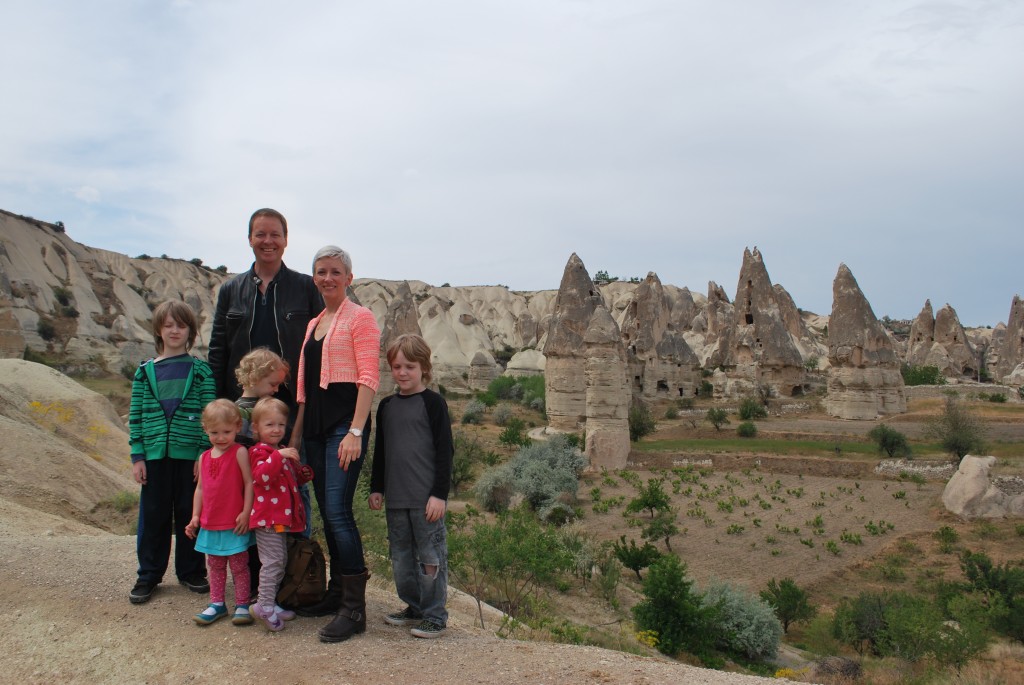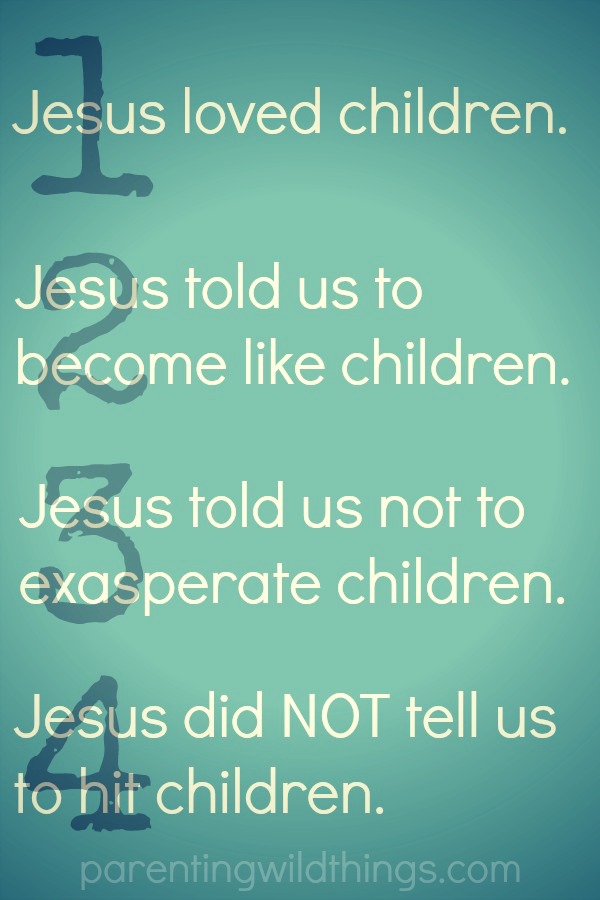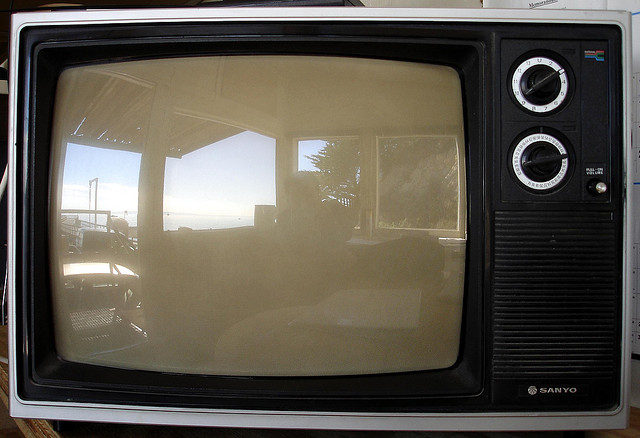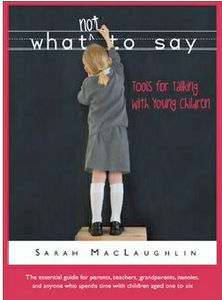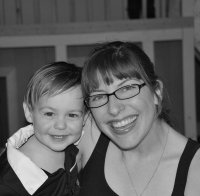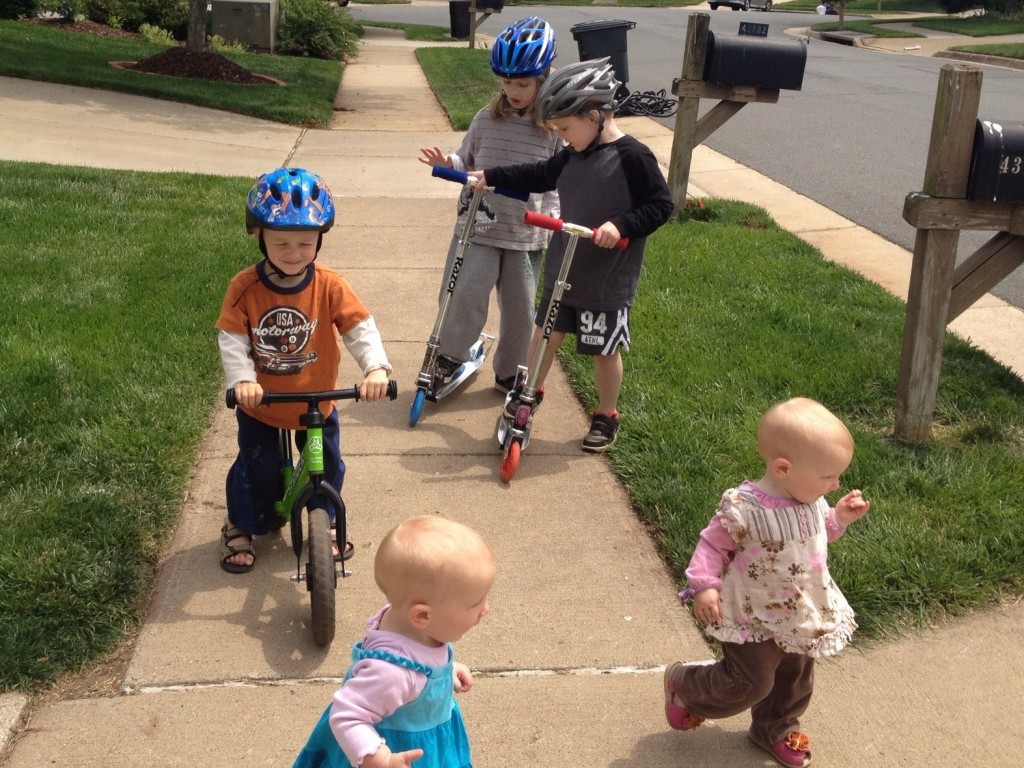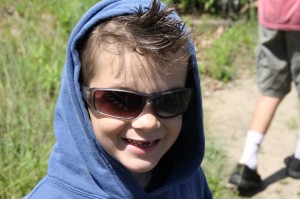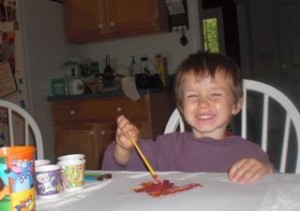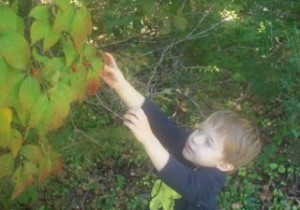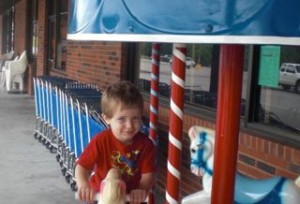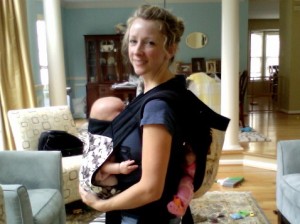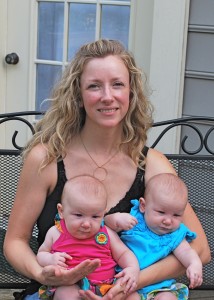I’m thrilled to bring you another guest post from my good friend Alice. She previously wrote for my blog here, here and here. Thanks Alice! I’m always happy to share your words.
Six months ago, my husband and I packed up our house and our 5 kids and moved to Turkey. Although he’s been military for over 20 years, this is our first overseas move. It’s hard enough to prepare yourself for living in a foreign country – preparing 5 small people (who at the time were 9, 7, 4, and 2 year old twins) was nearly impossible. And our Turkish is…lacking. And that’s a generous description.
Ever since my twin girls were born in 2011, my biggest challenge (besides actually leaving the house) has been managing 5 kids in public while fielding rude comments and questions from strangers. Disparaging remarks about how many kids I have, rude comments about how I’m lucky I finally “got my girls” after having 3 boys, rude remarks about their own kids – I’ve heard it all. And hated every second of it. In America, I believed that I didn’t like talking to people, or meeting new people. I dreaded going out with my kids because of the inevitable comments. It’s a delicate thing, to respond to rude comments. But even on the rare occasions when I felt like I had the perfect response, it wore me down. It’s exhausting to always be on your guard, to always expect the worst possible thing to come out of someone’s mouth. And more times than not, that “someone” was a fellow mother.
Before we moved to Turkey, I read everything I could find on the internet about Turkish culture. Everything I found said the same thing – Turkish people love children, and lovingly welcome them everywhere. That sounded promising! And now I can say with certainty that what we’ve experienced in the past 6 months proves it to be true. It started the minute we got off the plane in Ankara. At that point, we had been traveling for almost 24 hours. And we were lucky enough to bring a horrible stomach virus on the planes with us, which made itself known as we were boarding our first flight in Washington, DC. I had one of my girls in a sling, snuggled close as we got ready to board, when she threw up all over both of us. And thus began the world’s most hellacious journey. By the time we finished traveling, both girls were wearing airport t-shirts and diapers, having compromised all their clothes (and extra clothes) with vomiting and diarrhea. My 4 year old was also sick, and my 9 and 7 year olds were jetlagged and starting to feel sick. Needless to say, when we finally landed in Ankara, my husband and I were…done. And our family smelled, like oh so many odiferous things. And yet the first Turkish person we encountered, while we were still exiting the jetway, was an airport worker who smiled when she saw us coming, and excitedly gave our 4 year old a hug and patted his curly head.
Six months later, I have nothing but positive stories. Everywhere we go, strangers happily say, “Maşallah!” which is a blessing for our kids and also a way to protect them from evil. It doesn’t matter that I have visible tattoos, or a bleached pixie cut – no one is looking at me. They’re too busy counting my kids, exclaiming over twins, and giving hugs. And frequently, asking to have their picture taken with my kids. And although my Turkish is very basic, tone of voice translates across languages – there is no negativity in these interactions.
Even teens and young adults love kids. We walk to a small Turkish market frequently from our apartment, and one day we happened to go while a large group of preteen and teenage girls was there. While I was paying, my boys decided to wait outside. When I exited the market, at first I couldn’t find them, and then I saw that my 7 and 4 year olds were totally encircled by girls cooing over them, and my 9 year old was sitting on a bench grinning, with 2 teen girls sitting close to him in a lovingly protective manner. There were no sinister implications here. The love and affection for children is deeply ingrained in the culture here. In America we have stereotyped our teens to be selfish and self-centered; we as a society treat children badly and then act offended when they respond in kind. But here I see firsthand a society that regards all children with love and kindness, and I see the teens and young adults giving kindness in return. I’m not claiming Turkey is perfect, but the Turkish people are doing something really right.
Probably the best example I can give involves the dreaded public tantrum. We took a trip to Amasra, a beautiful coastal town loaded with history and old ruins. As we were walking around the old castle walls, we came to a set of stone steps that was truly treacherous. Steep, long, steps made of bumpy stone, with uneven heights, and no railing. I picked up one of my girls, but when my husband picked up our other 3 year old, she threw a fit. So he put her down and said she could walk but she needed to hold his hand. She refused, and got madder. At this point our boys were halfway down the steps, and I was waiting at the top holding a 3 year old who was getting heavy. It was not a good (or safe) situation. So my husband gently picked up our screaming girl and carried her down, while she continued to scream the whole way. When he got to the bottom, he set her down, and she turned around and marched back up 6-8 steps, and came down on her own while my husband walked next to her. A Turkish woman watched this whole scene, and was laughing kindly. She and I looked at each other, smiling, and she said, “She’s so determined! She’s going to be a leader!” I have had kids have public tantrums in the US, and they have almost always been met with scorn and derision, and worst of all fellow parents trying to shame me. It makes a difficult parenting moment harder, and deeply embarrassing. But instead of putting us down, this wonderful stranger lifted all of us up by praising my daughter’s character. Yes, determined. Such a positive way to phrase it, and so true.
Years of the Turkish people treating children with kindness and love has created generation after generation of adults who feel loved and give love freely in return. The generous way they view normal childhood behavior is a precious gift. And as it turns out, I’ve realized that I do love meeting new people and talking to them, especially when I know that no disparaging remarks about my family will be part of that conversation. Living in Turkey has changed me in many many ways – one of the most important being that I now know firsthand the blessing a positive interaction with strangers can be. Back in the US, I will be on the lookout for families in public, especially ones who might be having a hard moment. And I’ll do what I can to offer kind words and generosity of spirit towards their children. It’s something small we can all do that can make a big difference.
More love, more kindness. Only good can come of it.
Alice Davis is an Army wife, mother of five, and probably the last person on earth who doesn’t have a blog. She loves to talk about unschooling, gentle parenting, and mothering multiples. Her family is currently living inTurkey, and soaking up all that the culture has to offer.


